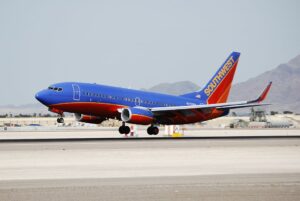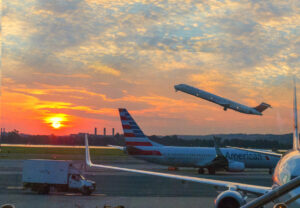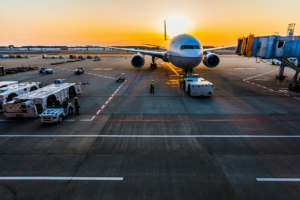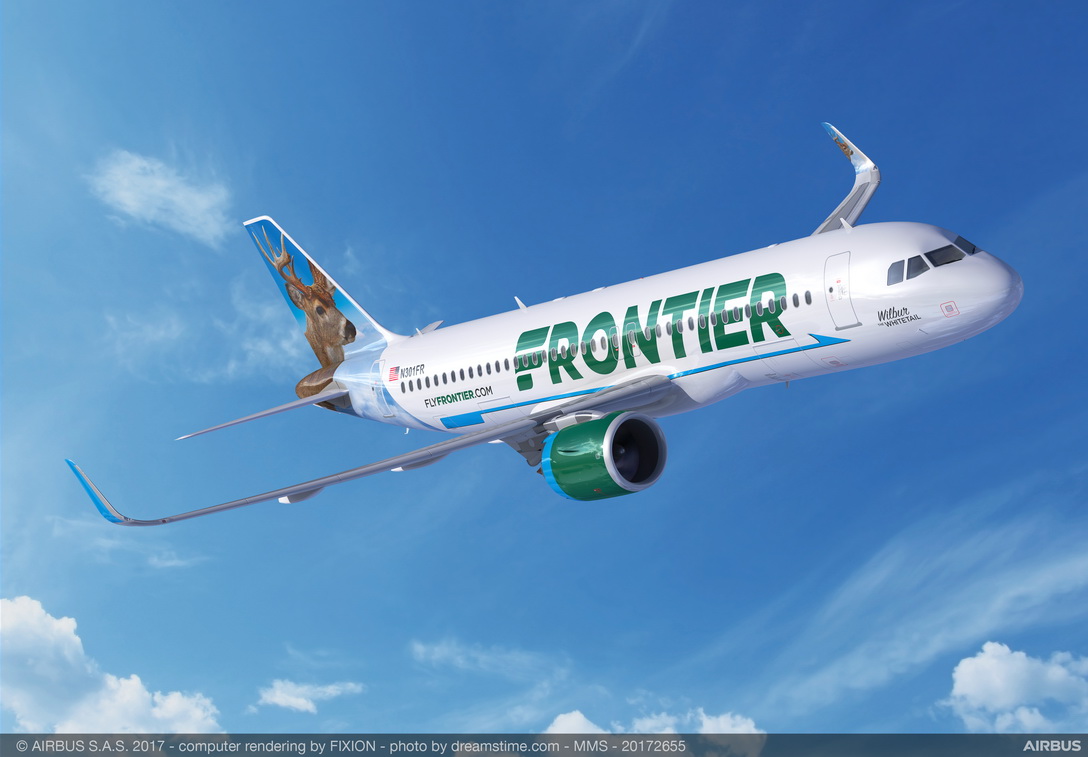Lightning Strikes Air Europa Flight, Forcing It to Turn Around

Two hours into a flight to Spain, lightning struck an Air Europa plane’s windshield and forced it to return to Miami International Airport (MIA). Passengers said that they saw the flash from the lightning and felt the plane shake, then drop more than 10,000 feet.
“You could see from the big window there that it was all fractured, you know,” said one passenger, “so thank God nothing bad happened.” Once back at MIA, the airline tried to replace the windshield in time to continue the flight, but were unsuccessful. All affected passengers were compensated with vouchers for a free flight.
To read more on this story, go to 7 News Miami.
[Photo: Shutterstock]























You do know that's a movie, right? Never happened in actual flight (although BA 5390 was close for one of the pilots). Failing to distinguish between an uncontrolled descent and a controlled, but rapid descent, to a lower altitude is irresponsible, sensation-seeking, yellow journalism. It's a great example of why the media is no longer trusted or trustworthy.
"Even a total failure of the windshield could be bad (even fatally bad) for the captain or first officer, but would in no way impair the aircraft’s ability to fly or the other pilot’s ability to retain control." Unless the failure was fatally bad for th captain AND first officer. Nancy Pryor: Salt Lake... Salt Lake! This is Columbia 409! It's Nancy Pryor... stewardess. Something hit us! All the flight crew is dead or badly injured! There's no one left to fly the plane! Help us! Oh my God, help us!
As an aviation horror story, pretty weak. The reporter failed to use the keyword "ordeal" to describe the passenger's experiences, and didn't include a breathless description of the horror of imminent, even likely death. Of course, the passengers were never in danger. A controlled descent to a lower altitude not requiring pressurization and a landing at the nearest suitable field was a prudent, safe response to the windshield crack. Even a total failure of the windshield could be bad (even fatally bad) for the captain or first officer, but would in no way impair the aircraft's ability to fly or the other pilot's ability to retain control. Reporters knowing nothing about aviation getting their 'facts' from passengers that know even less, such is the state of "journalism" today.